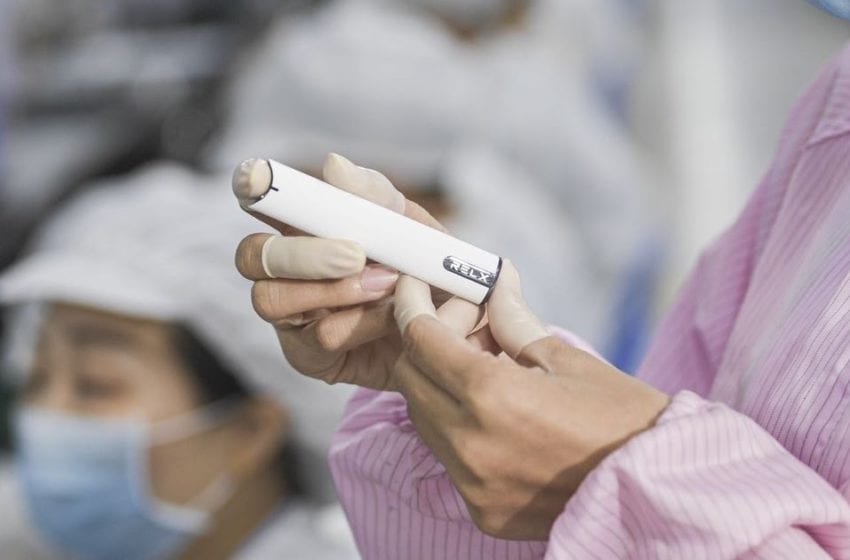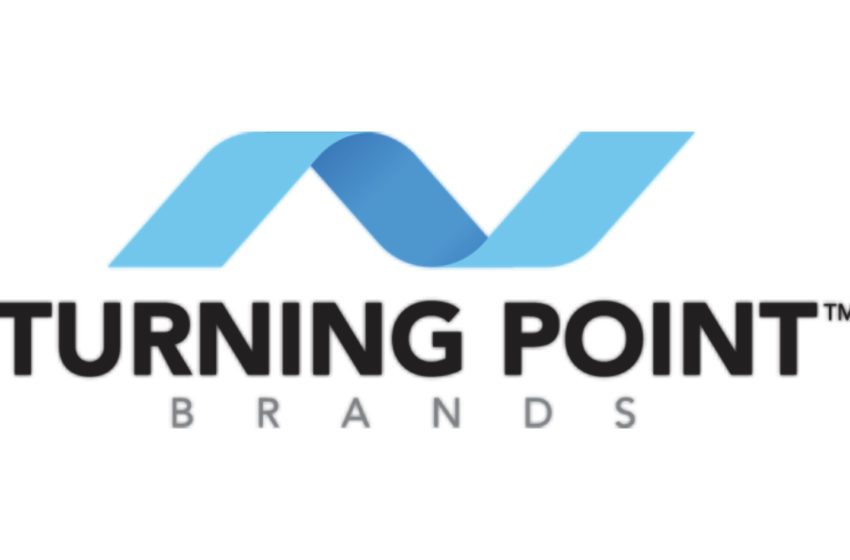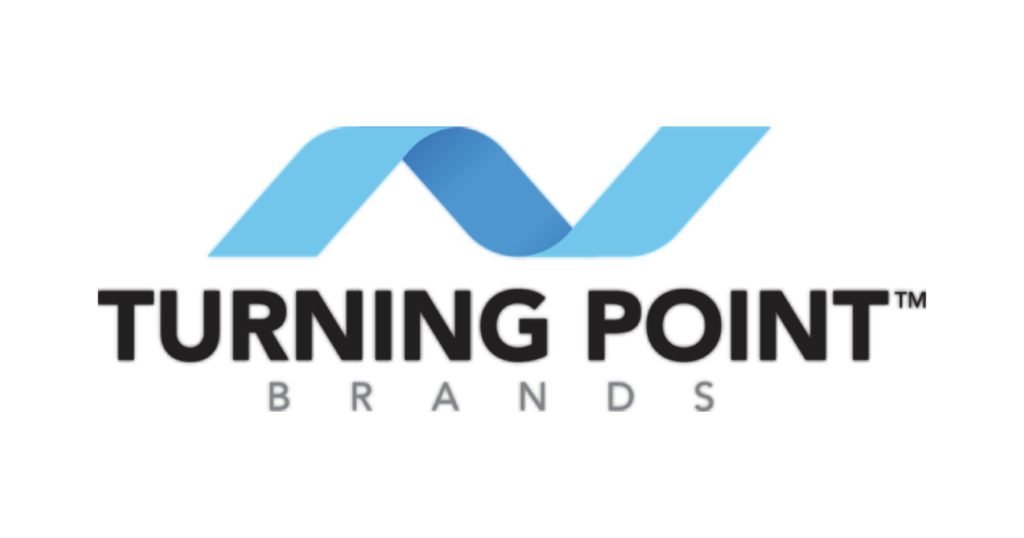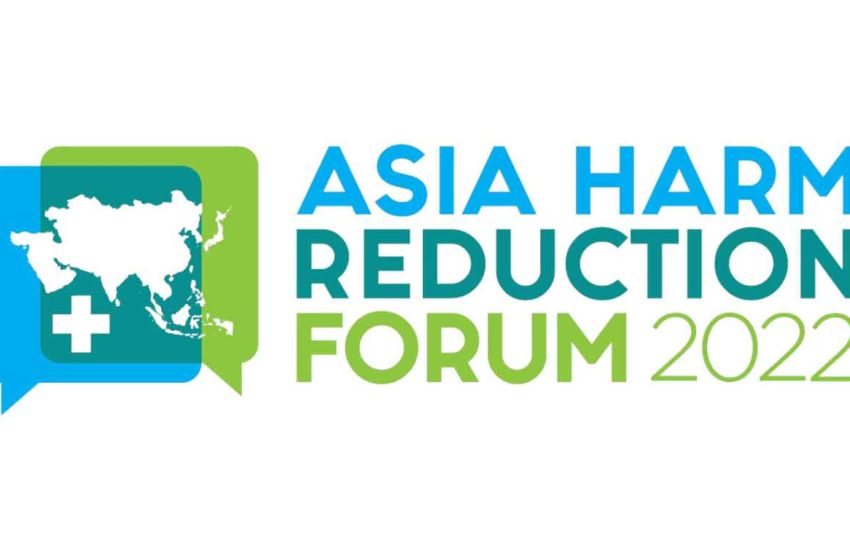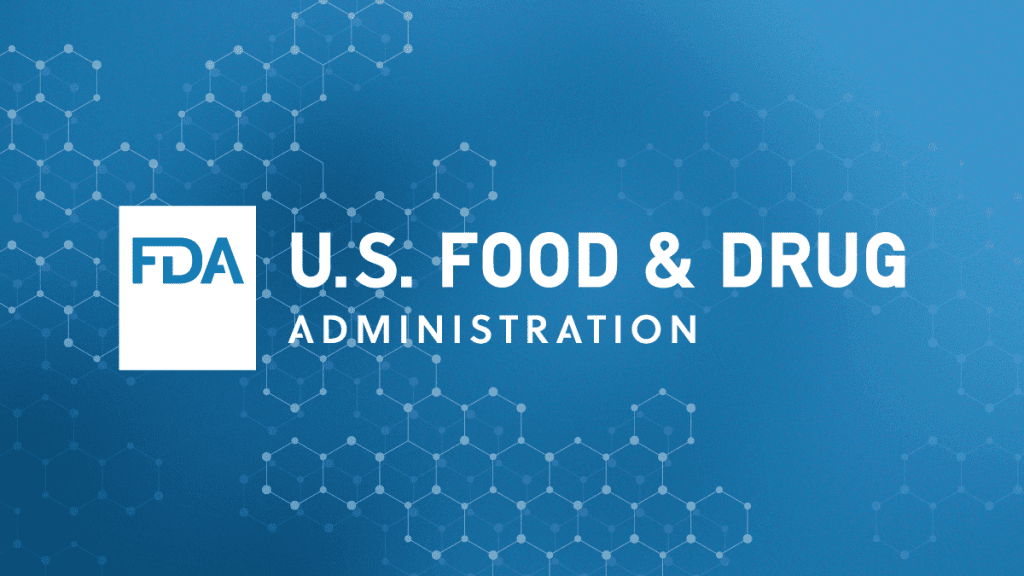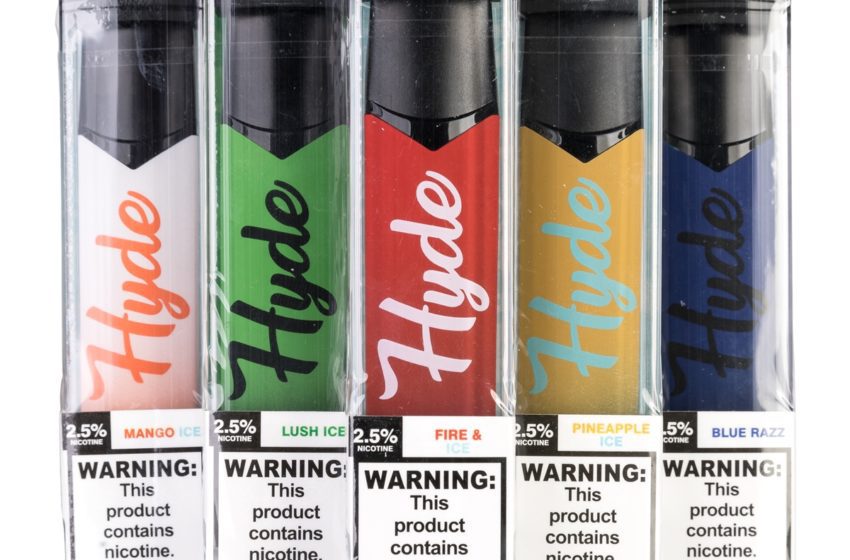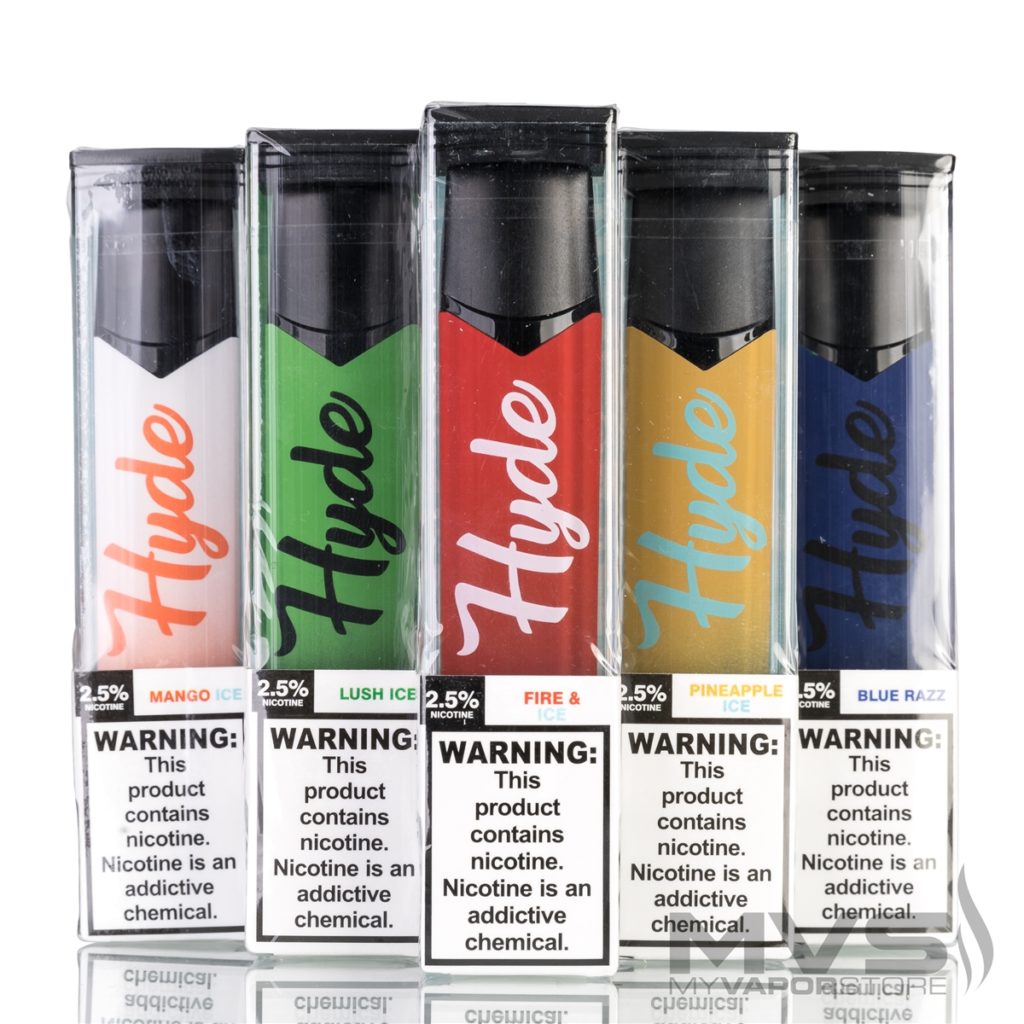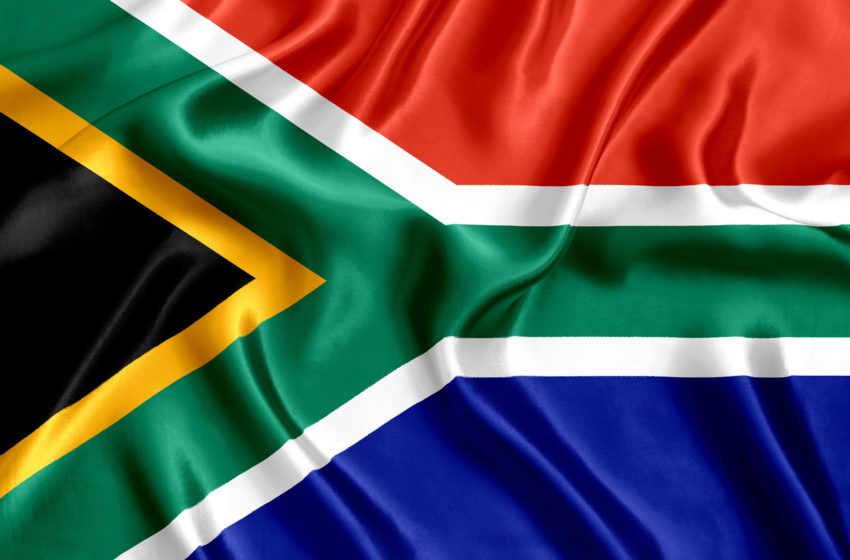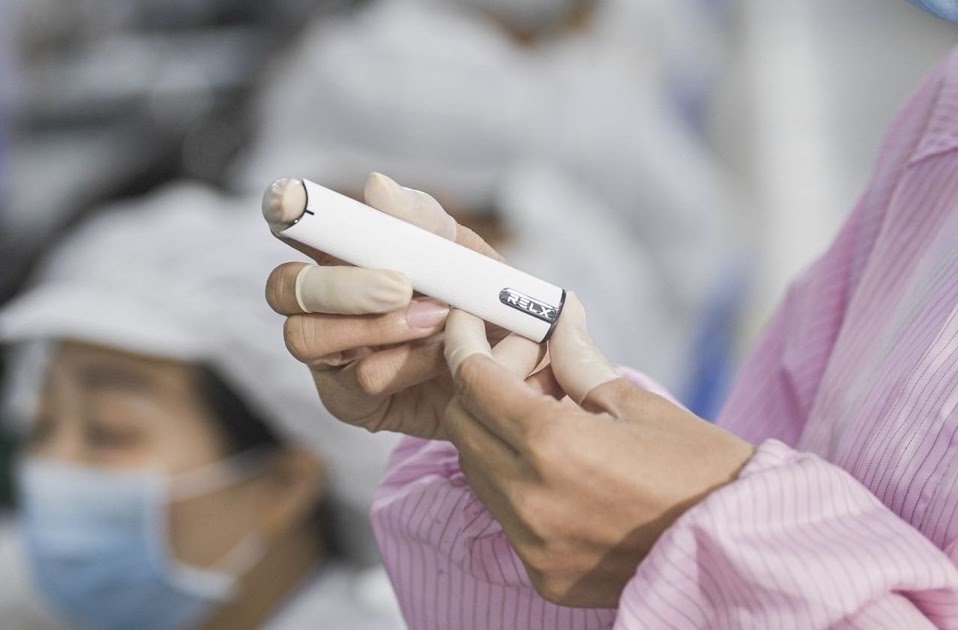
RLX Technology has released its annual corporate social responsibility report Envisaging a Better Future, highlighting its efforts in market responsibility, research and development investment, environment protection, employees career and corporate governance.
According to the report, RLX has strengthened its commitment to product quality and vaping science. Since its inception, RLX has invested RMB800 million ($111.1 million) in research and development. RLX operates eight laboratories and has developed a research chain covering product quality, physiochemical research, toxicology research, long-term impact assessment and clinical research.
In March 2021, RLX launched the first e-cigarette clinical research project in China. In February 2022, RLX started the first clinical study on the safety of e-cigarettes in China. The results of various research projects were published in prominent academic journals such as Ecotoxicology and Environmental Safety and the Chinese Journal of Drug Abuse Prevention and Treatment.
By June 2022, RLX had applied for over 610 patents covering vaping device design, e-liquid formula, electric control, smart device and released content.
Environment protection is another highlight in RLX’s CSR report. In September 2021, RLX started the Pods Reborn recycling program with China Siyuan Foundation for Poverty Alleviation. By June 2022, the program had been carried out in 188 Chinese cities. More than 16,000 stores have been equipped with a used pods recycling bin.
As part of the Amur Tiger and Leopard Conservation Project, RLX has planted 20 ha of eco-fields in Jilin Province to ensure sufficient food supply for these endangered species. RLX has also organized a patrol team to remove animal traps. By the end of 2021, the RLX Tech Patrol Team had patrolled 12,600 kilometers.
In April 2022, RLX launched its net-zero carbon emission plan Aim for Zero to achieve carbon neutrality in its direct operations by 2033 and along the value chain by 2050.
As part of this project, RLX will take eight major initiatives including plastic reduction, waste reduction, promoting the Pods Reborn program, establishing a green supply chain partner mechanism, reducing product carbon footprint and introducing zero-carbon products, creating a zero-carbon plant and a green store and reducing carbon footprint in office and during business travel.
By the end of 2021, RLX had opened more than 24,000 stores in more than 300 cities, creating about 370,000 jobs across the industry chain.
“In more than four years of entrepreneurship, one of the things we are particularly proud of is our dedication to fulfilling our social responsibility,” said Kate Wang, founder and CEO of RLX Tech in a statement. “RLX Tech sees social responsibility as one of its core competitive advantages. It is also our duty as corporate citizens.”

